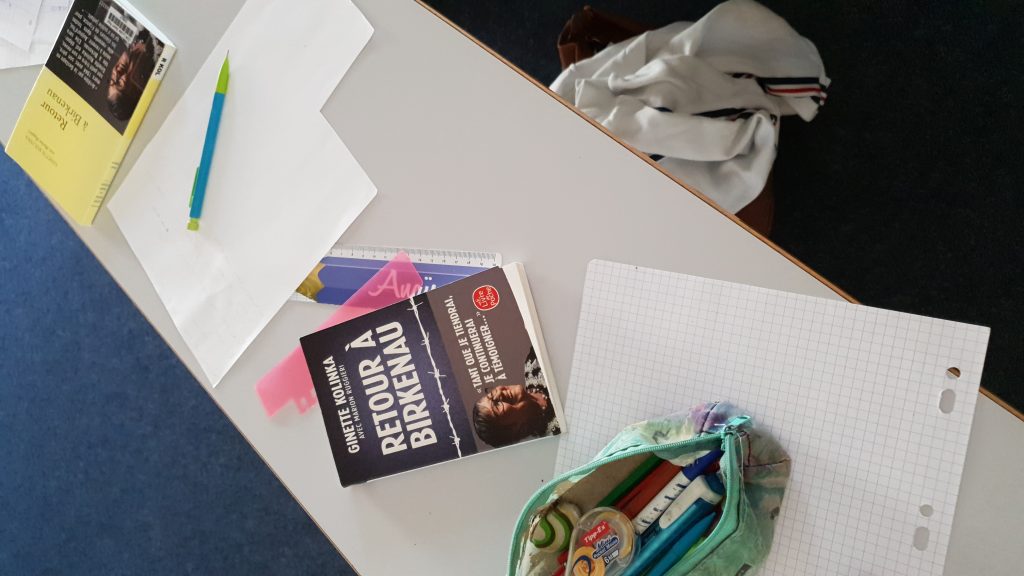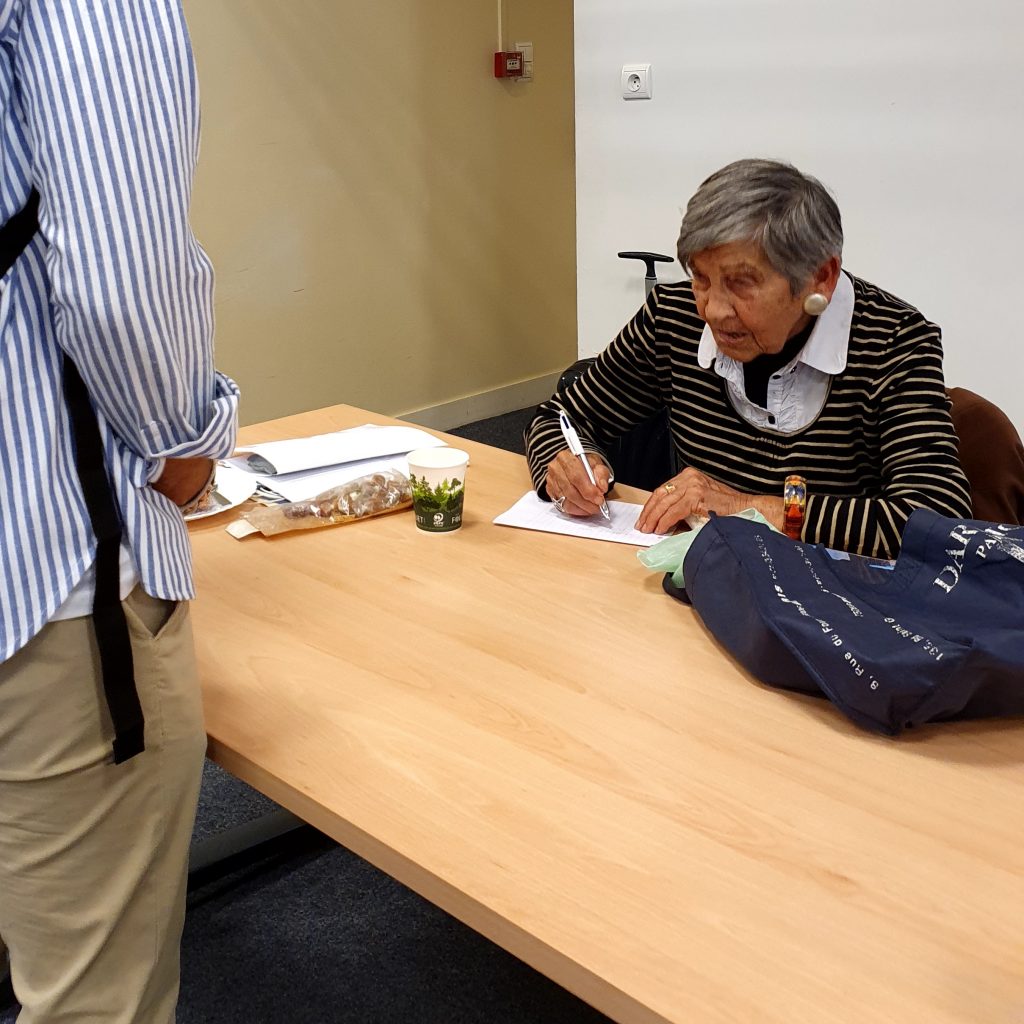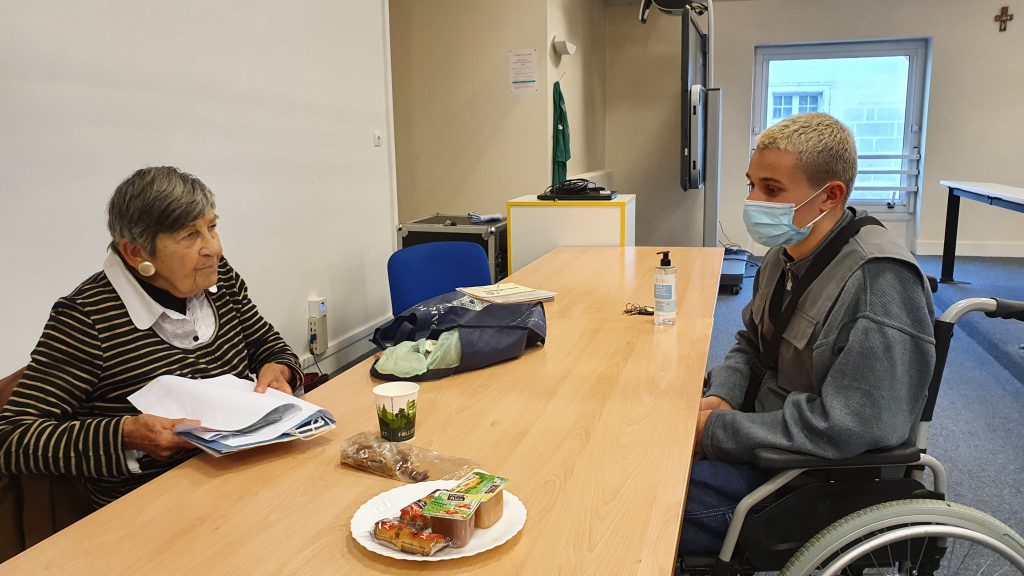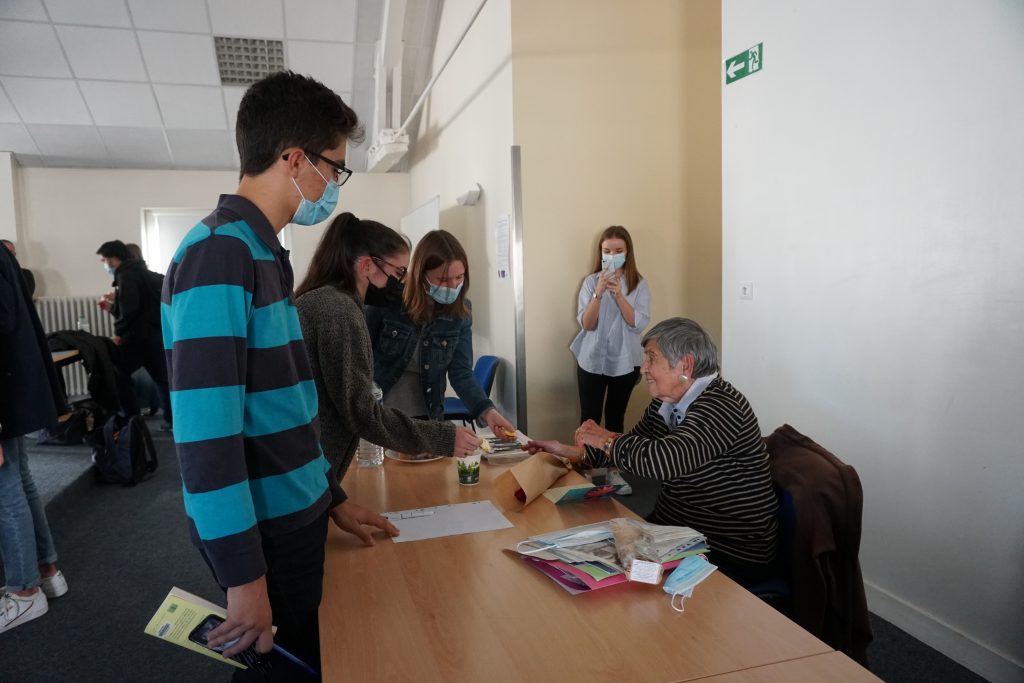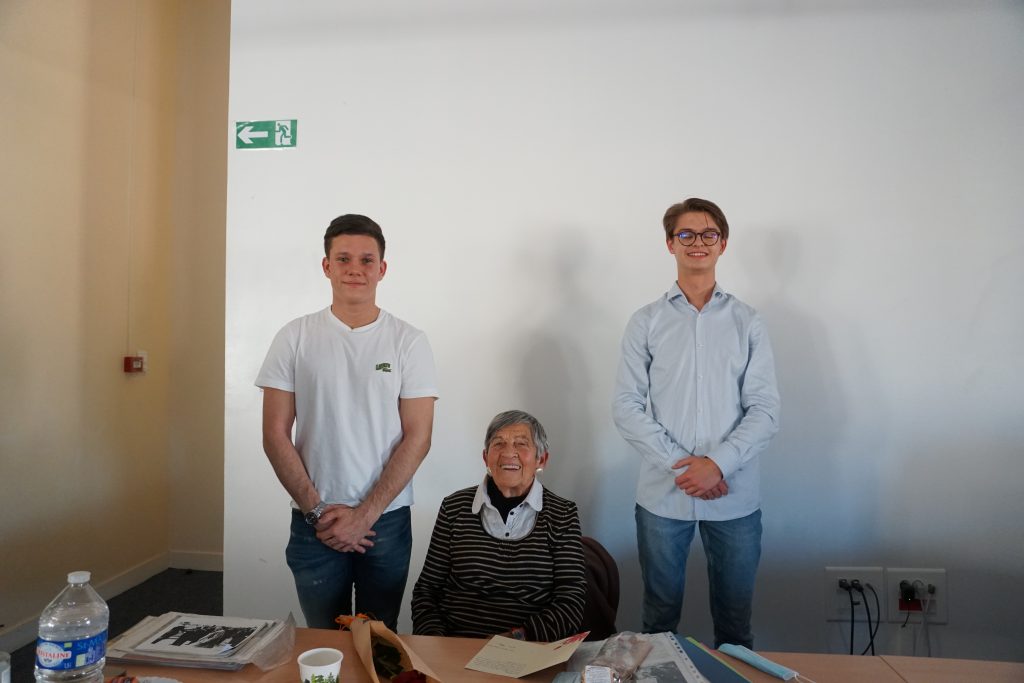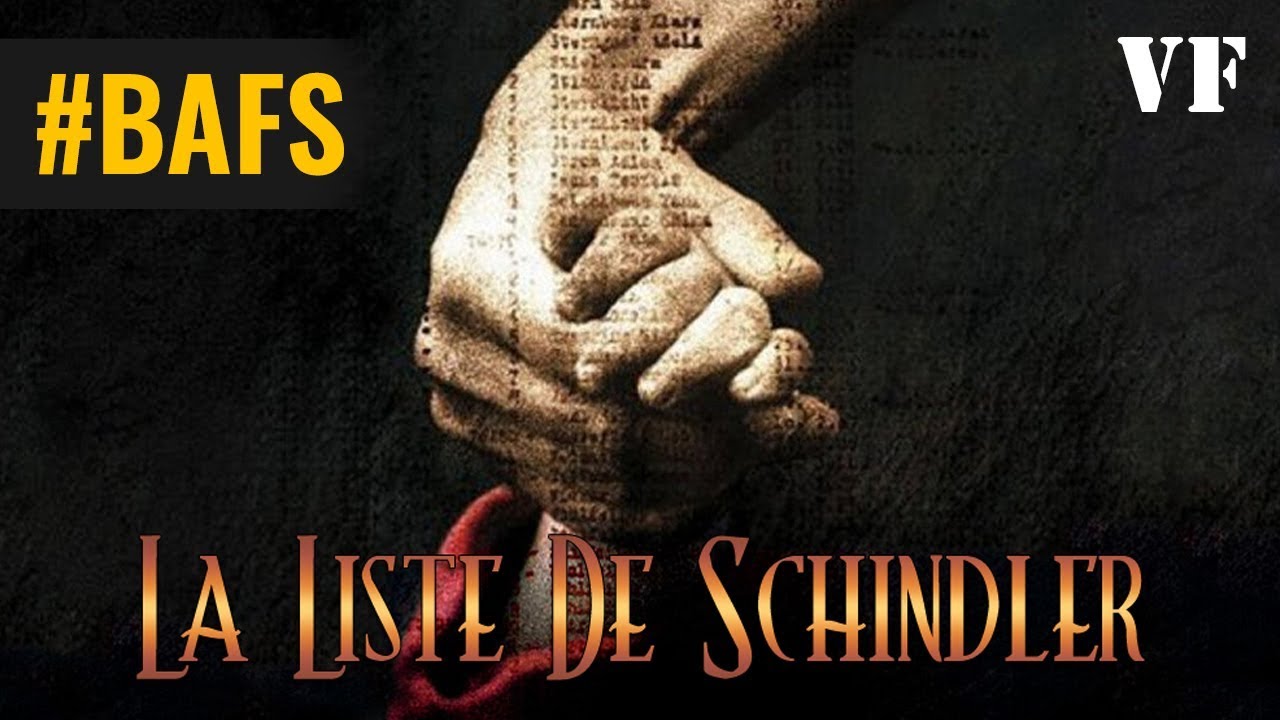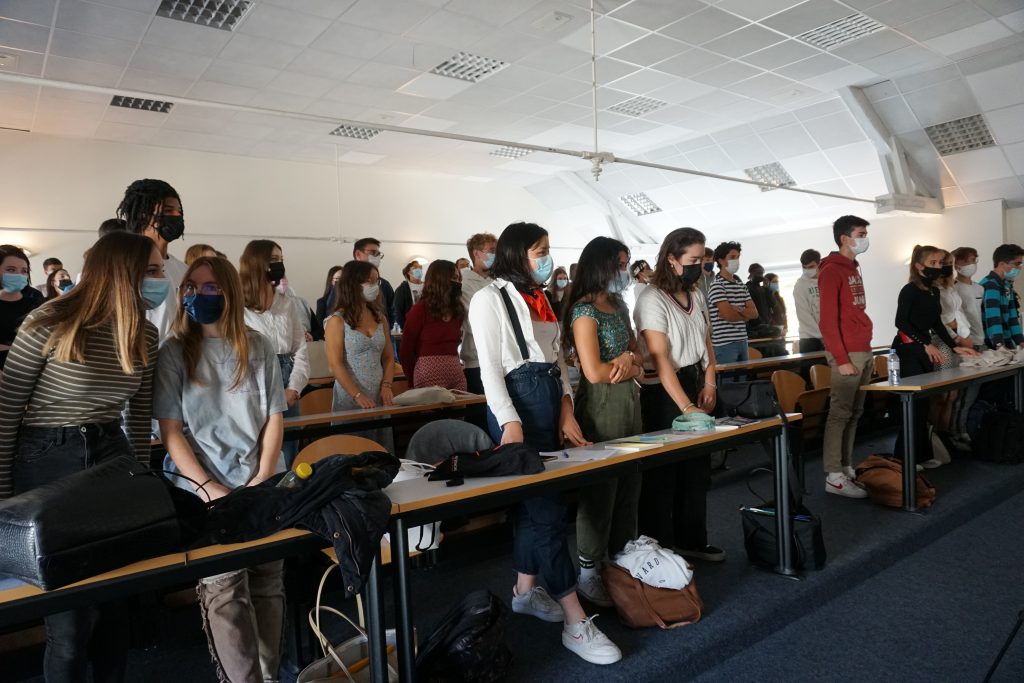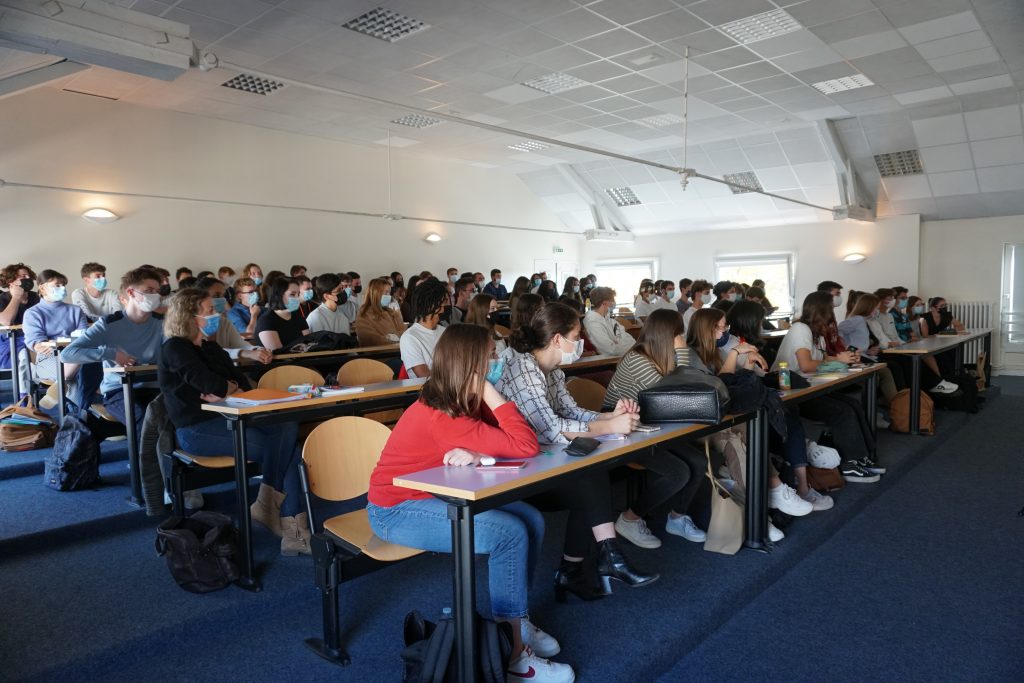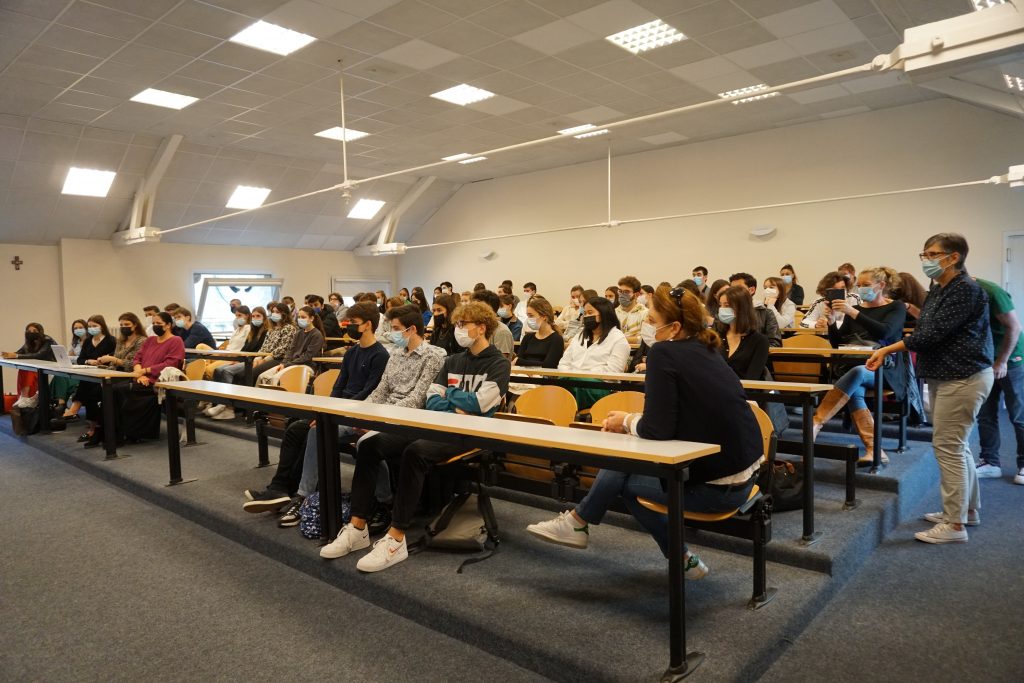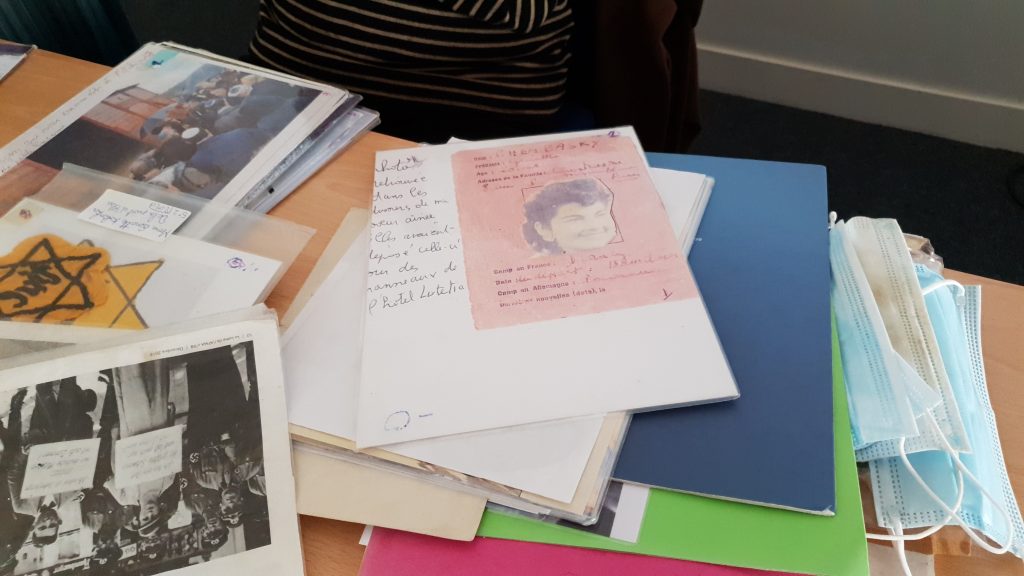
At the initiative of Emma DUPAS, a student of Terminale in Saint-Paul and two teachers (Mrs. Vergne and Mr. Silva Alves), Mrs. Ginette Kolinka, a national of the concentration camps, comes to meet the students of Terminale.
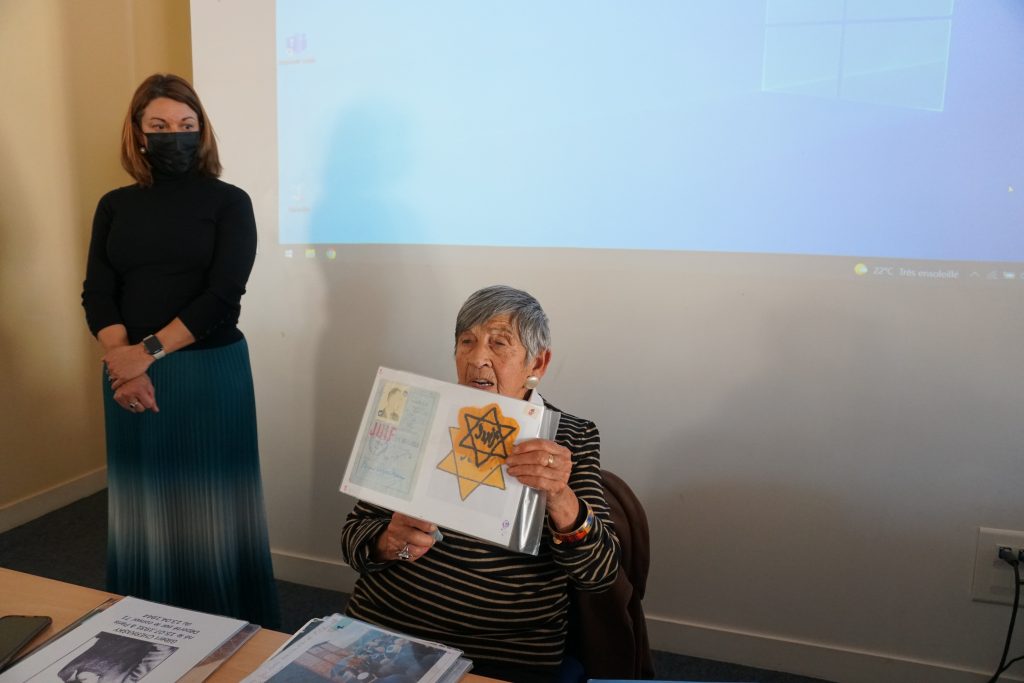
Presentation by Ms KOLINKA
Mrs. KOLINKA comes from a non-observant Jewish family. His paternal grandfather is Russian but will join France. From her maiden name Ginette CHERKASKY, she was born in 1925 and grew up in Paris. An attempt to enter the free zone resulted in an arrest and a stay in prison in Angoulême. In 1942, the family moved to Avignon. Denounced, Ginette is arrested with her father, her brother Gilbert and her nephew Georges.
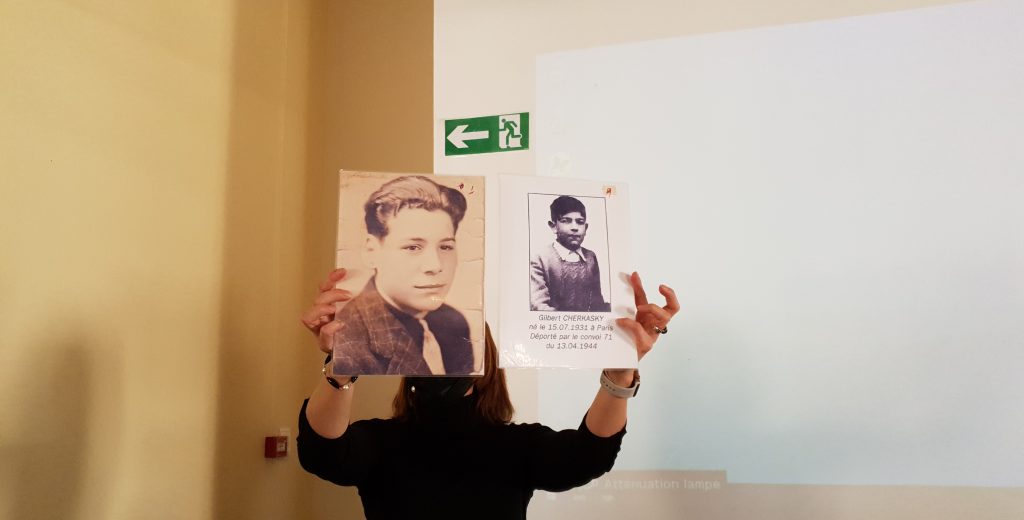
They were then imprisoned in Marseille and then in the Drancy camp. On 13 April 1944 they boarded the train that took them to Birkenau (convoy n°71). As soon as they arrived, Ginette says that the Nazis began by sorting prisoners: children under the age of 15 and people who were sick or too old were directly exterminated. Ginette thinks that for her brother and her father it will be better to wait for the shuttle promised by the Nazis than to walk, but it will lead them to death. Even today, Mrs KOLINKA regrets having advised them to take it. And yet she says: "I was the one who sent Dad and Gilbert to death". She couldn't know…
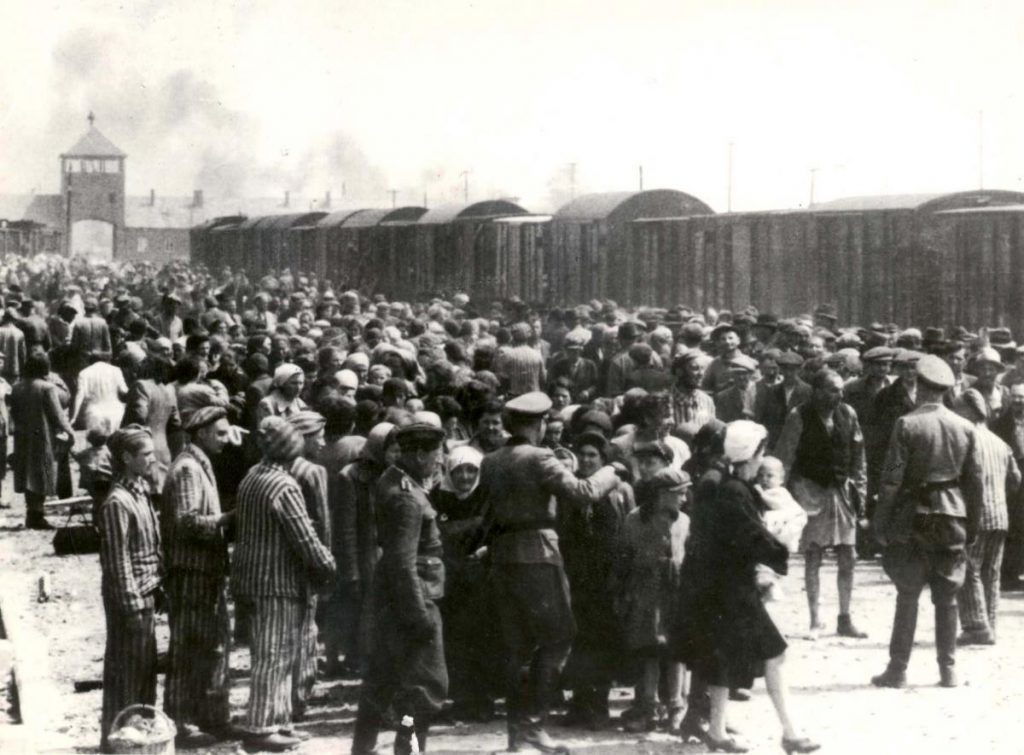
Humiliation and work
Ginette recounts the arrival at the camp and the humiliations suffered by the women deported with her. The group is forced to undress entirely:
We didn't know each other. It's very difficult to be naked like this, I tried with one hand to hide my breasts, with the other to hide my sex.
A woman, a "Kappo" grabs her arm and tattoos her number: 78599 and a triangle. Ginette will sign each of her dedications with the same number that she will never have erased. They are taken to the shower where they are all under a head from which flows water that is first hot and then icy. No question of soap or towel to wipe. The clothes are collected at random in suitcases:
They are not the most beautiful of course and they are not our size. For shoes it's the same, a young girl who had to put on 34 ends up with 38.
She also recounts the conditions of accommodation, the mud, the food: "a piece of black bread with a little margarine for the day". On the work side, Ginette has to break and then carry stones. She meets Simone VEIL who offers her a dress. A friendship is born between the two women. In November 1944 it was transferred to Bergen-Belsen and then, in 1945, to the Theresienstadtcamp. In May 1945 Nazi Europe collapsed and the deportees were liberated.
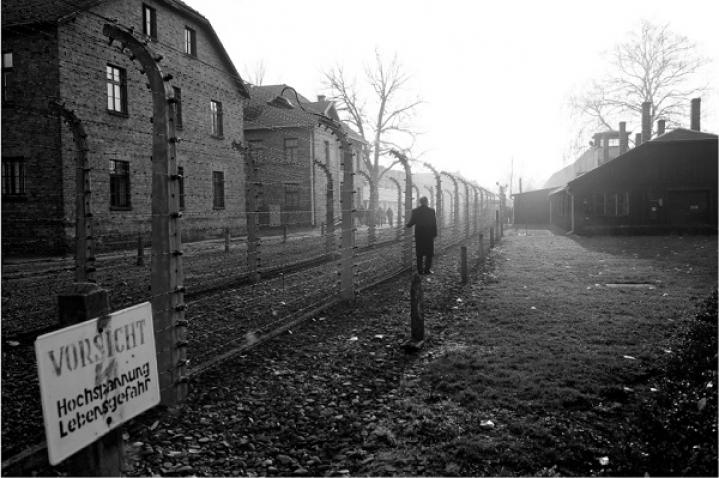
Duty of remembrance
Ginette returns home alone and exhausted. His mother and sisters welcomed him:
I fell into my mother's arms. I don't think I cried; I couldn't cry anymore.
Her mother says someone told her her her husband and son were going home. Ginette can do no other than announce "coldly" that they will not return because they are dead. It is to her family that Ginette owes it to have held on after the horror of the camps and nazi barbarism.
For more than 50 years Ginette did not want to tell her story; she fears "annoying people". One day in March 1994 the film "Schindler's List" was released and she was contacted by the film crew to testify. She refuses several times but the insistence of her interlocutor makes her give in. She says:
I didn't know I had all this in my head, I didn't think my memory would come back. I don't know how he did it, but little by little, everything came back together.
Since then, she has not stopped meeting students, adults, and telling all that she has experienced. His testimony touches our students who, at the end of his intervention, ask him questions. Ginette congratulates them and, patiently, responds to each one. On several occasions she told them:
Now it's up to you to talk about it. Tell your parents, family, friends what you heard. It must not start again, you are memory smugglers. It is hatred that is at the origin of this horror, never forget it. We are all human beings, we are all equal.
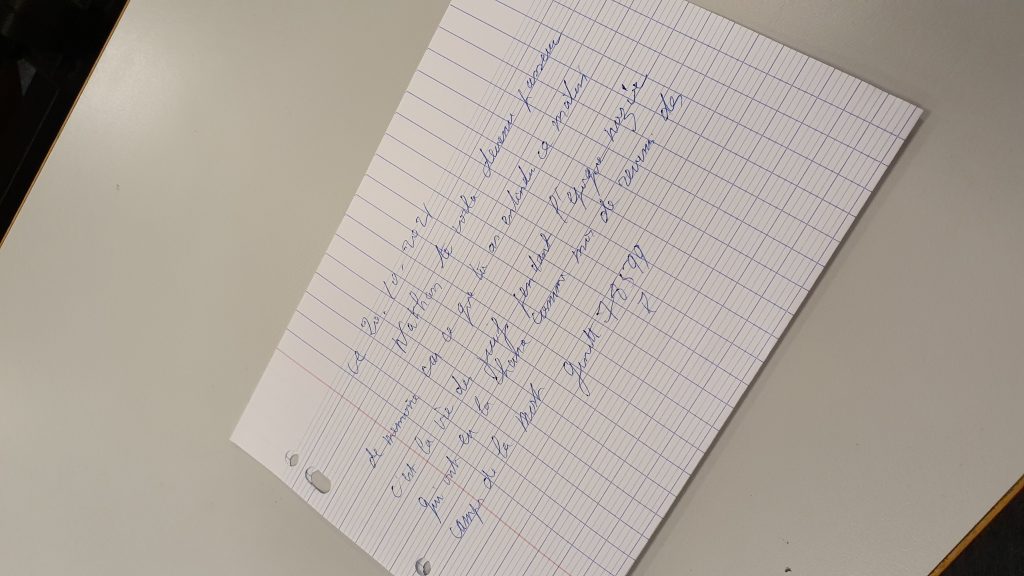
Our students have trouble leaving Ginette and many have come with one of her books that they ask her to dedicate. Others have a simple sheet. With great kindness she executes sometimes even giving a confectionery. Some finally ask to take a picture with her or exchange a few more words, she accepts. For all this: THANK YOU Mrs. KOLINKA.
Find here the full conference of Mrs. KOLINKA:
